(ThyBlackMan.com) The Kaiser Family Foundation’s recent data suggests that at least 72% of American adults in the United States have received at least one dose of one of the COVID-19 vaccines. Despite how high these numbers are, there’s one group that continues to lag behind, in part because of their distrust of the medical industry. Black Americans have a long history of distrusting the medical system because of experimentations done on slaves, typically without any anesthesia, as well as the Tuskegee syphilis experiments. The history of medical health with Black Americans is both dark and complex. According to a study conducted in October 2020, 7 out of 10 Black Americans believe the healthcare system treats them unjustly, and 55% say they “distrust it.” This distrust hinders many Black Americans from receiving the care they require, which is especially important now as we combat COVID-19 and its evolving strains.
Despite the fact that white adults account for the majority of unvaccinated people (57%), Black and Hispanic individuals are less likely than white adults to have received the vaccine. This hesitation and medical mistrust puts Black Americans in danger, especially as the more transmissible Delta variant spreads.
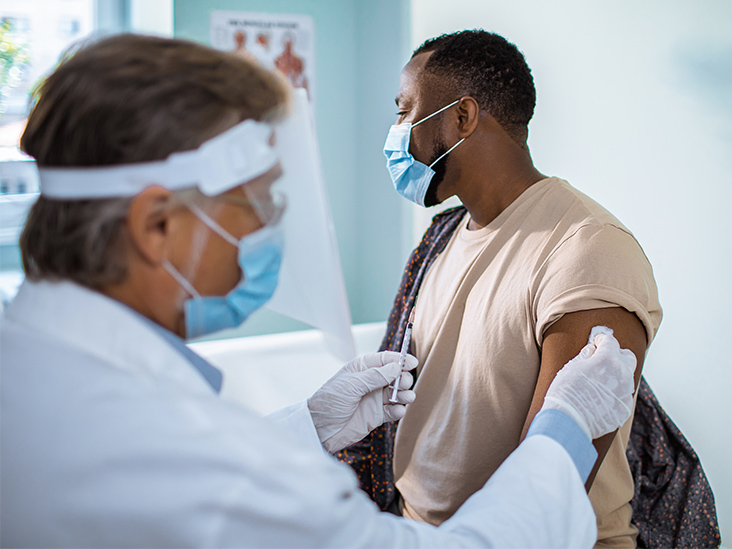
Black Americans distrust not only the healthcare system as a whole, but also big pharma, which according to studies is a common trend across all adults, regardless of race. Dr. Albert Bourla, the CEO of Pfizer, is on a mission to rebuild trust with Black Americans by acknowledging the real and historic concern that many Black Americans have about the COVID-19 vaccine in a way that educates and informs them about the vaccine’s effectiveness, particularly among the population’s most vulnerable members.
In my rare, exclusive prime time interview with Bourla, we addressed vaccine hesitancy among the general population, particularly among Black Americans, and the future advancements of the vaccine as new strains appear to continue to develop.
We began our discussion by talking about vaccination usage among Black Americans. Dr. Bourla stated that Black Americans had a 2.8x higher chance of being hospitalized and a 2x higher chance of dying from COVID-19 as compared to their white counterparts. “From the beginning,” he said, “we tried to make sure that in our clinical trials we had a good representation of minorities in the population of the study so that people will see that the population of the study reflects the demographics of the communities that we have in this country [the United States].”
Due to the extremely high rates of vaccine hesitancy in the United States, Bourla noted that in his attempts to convince people who are hesitant to take the vaccine, that the most persuasive argument he has found to convince them is to “explain to people that this decision is not affecting only themselves…likely, it is affecting the health of the people that they love the most because they are the people that they will hug…that they will interact with.
“I understand if people are concerned about it,” he said, “but they should be aware of the dangers involved. Not only their health, but the health of others.”
Bourla was blunt in his assessment of the current outbreak: “This is a pandemic, right now, of the unvaccinated,” he stated. “The difference is huge; it is not a small difference.”
When it comes to the vaccination booster shot, he claims that Pfizer has completed its booter trials and has real-world proof showing that the booster shot’s safety profile is “numerically even a little bit better” than the second dose. In fact, according to Bourla, the booster injection is “great.” Bourla indicated that the development of the vaccine for children aged 5 to 11 will be completed in September, which many parents are waiting for as hospitalizations among children are on the rise.
Regarding the influence of COVID-19 on Bourla’s family, he noted that despite being permitted to take the vaccine before their age groups, he, his wife, and his children waited until their age groups were eligible to take it out of fairness for others. Then Bourla said, “I can’t wait to take the booster.”
In concluding the interview, Bourla was asked about what advice he would provide to individuals who are afraid of the vaccine: “Fear is a strong emotion, there is only one thing in the human soul that is stronger than fear: Love. I would say, think about the people you love and that will give you the strength to overcome your fear.”
It is unclear whether Bourla’s apparent sincerity and mission to educate and build trust among Black Americans to take the Pfizer version of the vaccine is or will be successful, but one thing is clear: he is a man on a mission to reach and save as many people as he possibly can, and while he may not be able to reach as many people as he would like, I believe that the fact that he has an opportunity to even try is, for him, a noble and worthy mission.
Written by Armstrong Williams
Official website; http://twitter.com/Arightside













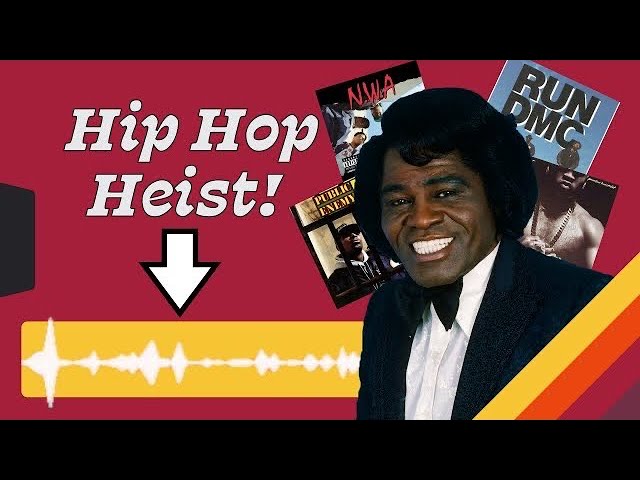
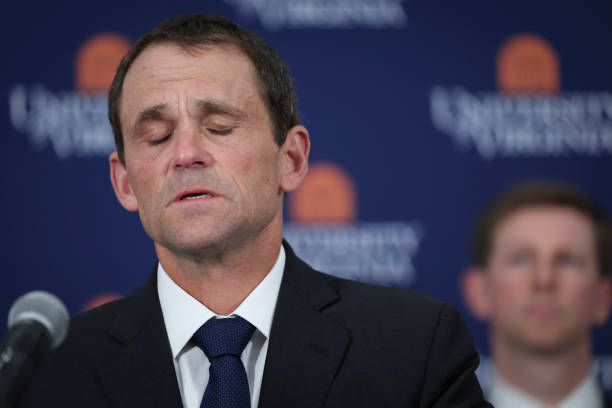
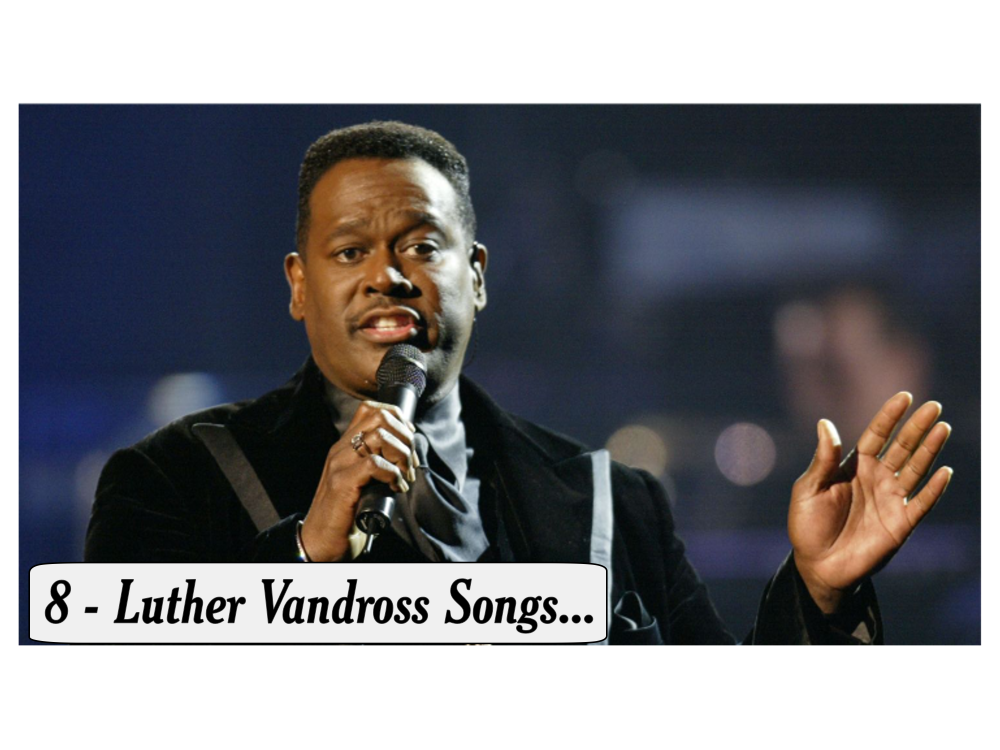
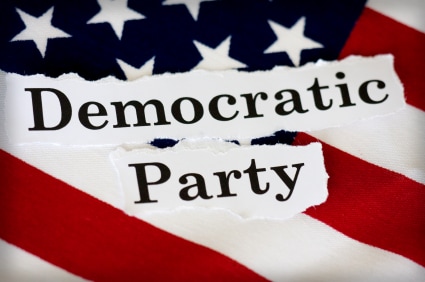
Leave a Reply